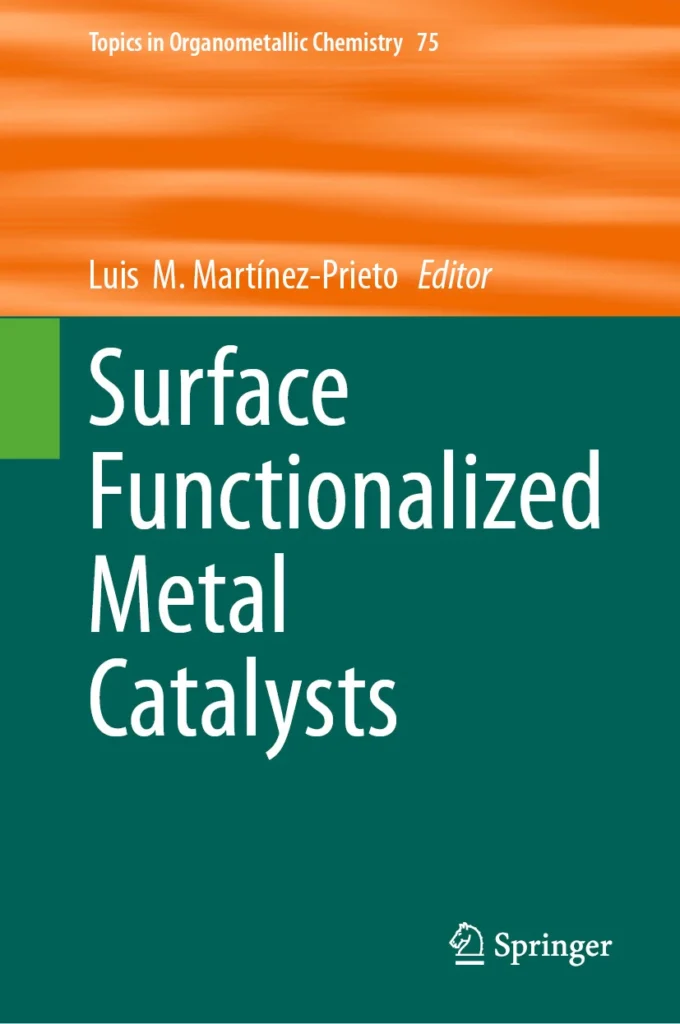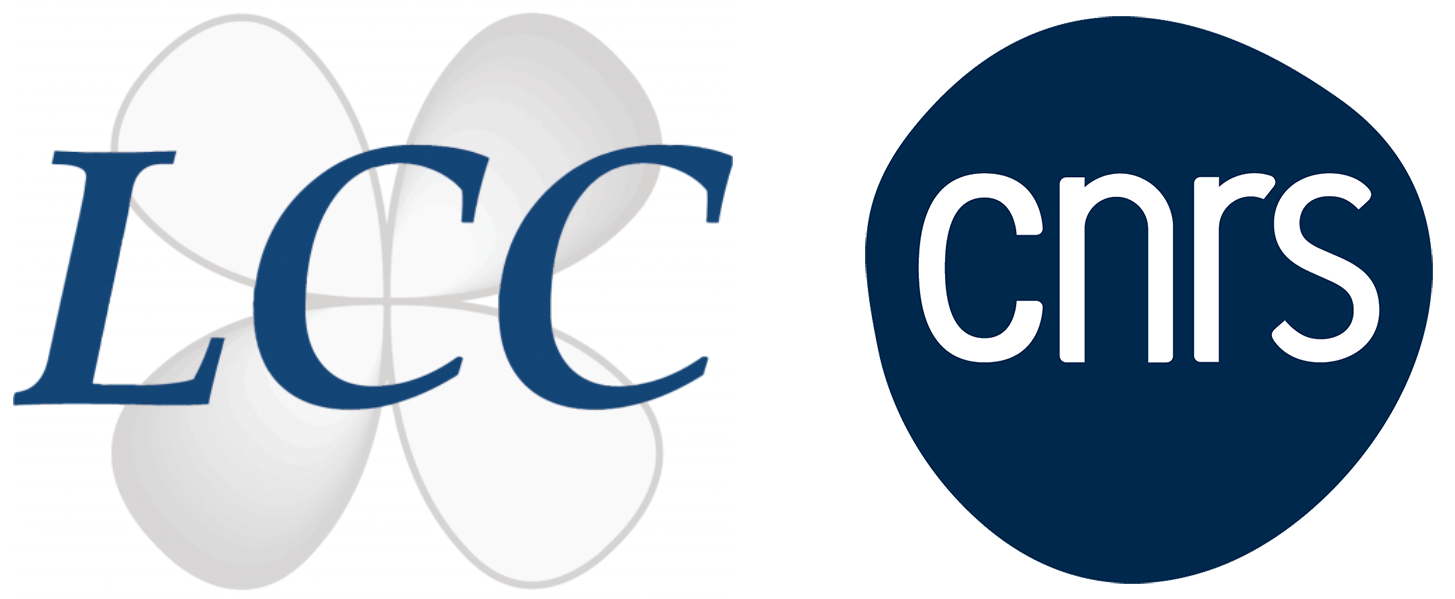LCC
Influence of Capping Ligands on Metal-Nanoparticle-Driven Hydrogen Evolution and CO2 Reduction Reactions
Nuria Romero, Karine Philippot
ABSTRACT
This chapter looks into the influence of the functionalization of the surface of metal nanoparticles (MNPs) with ligands on their catalytic performance in two crucial reactions, the hydrogen evolution reaction (HER) and the CO2 reduction reaction (CO2RR). The birth of the surface functionalization of MNPs with ligands was greatly inspired by the advanced knowledge accumulated on molecular metal catalysts, whose physical and chemical properties can be tuned by coordinating appropriate ligands to the metal active center. This field of research has profited from the progress in the synthetic methods for the generation of MNPs and the evolution of the spectroscopic and analytical techniques for their exhaustive characterization, as well as the improvement of the computational techniques. Relevant examples will illustrate how the functionalization of the surface of MNPs allow to modulate the energy profile of catalytic intermediate species through electronic effects and regulate the product selectivity through hydrophobic/hydrophilic effects. Another key parameter is the tuning of the number of surface-active sites as a function of the metal to ligand ratio and the chemical nature of the coordinating ligand. Furthermore, in some peculiar cases, second coordination sphere effects have even been described in analogy to biological enzymes.
Contact :
Karine Philippot Karine.Philippot(at)lcc-toulouse.fr
Référence :
Influence of Capping Ligands on Metal-Nanoparticle-Driven Hydrogen Evolution and CO2 Reduction Reactions
Martí G., Lozano-Roche A., Romero N., Francàs L., Philippot K., Bofill R., García-Antón J., Sala X.
in Topics in Organometallic Chemistry. Surface Functionalized Metal Catalysts, L. M. Martínez-Prieto (Ed.), Springer International Publishing: Cham, 2024, vol. 75, pp. 105-132. (978-3-031-73841-8).
https://doi.org/10.1007/3418_2024_116
https://hal.science/hal-04821235

LCC
Laboratoire de chimie de coordination du CNRS
205 route de Narbonne, BP 44099
31077 Toulouse cedex 4
France




